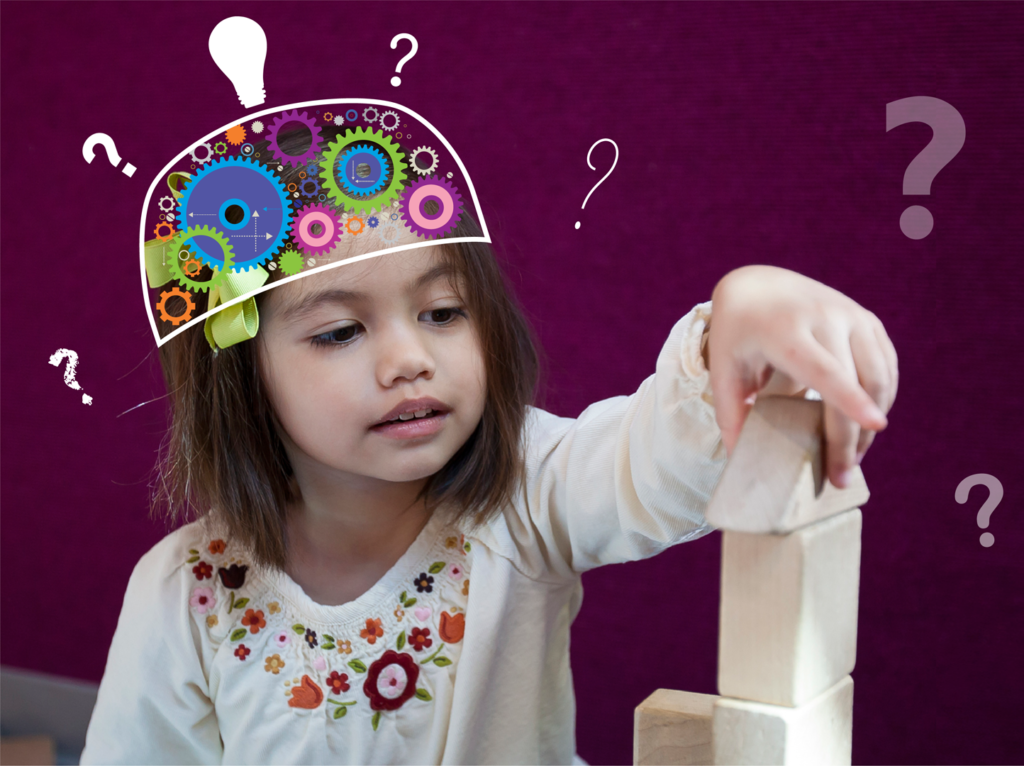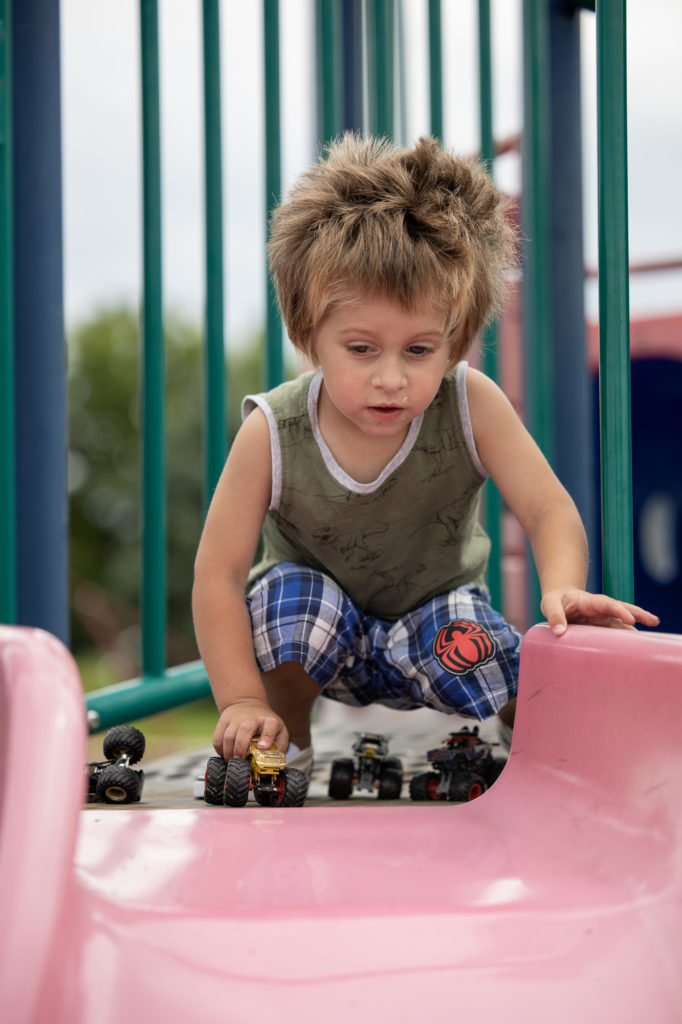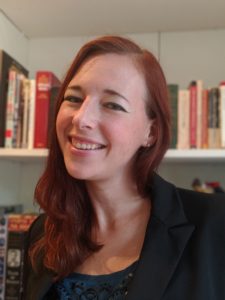Back to School Bonanza | Saturday, August 10, 9–2

Back to School Bonanza | Saturday, August 10, 9–2

By Jenny Flowers, DCM Sr. Manager Student Learning & Community Engagement
As a parent of two small children and a science educator of 20+ years, I have gotten very good at saying three little words – “I don’t know.” This may seem surprising because aren’t adults and science people supposed to know everything?! Well, I’m here to tell you, No – we don’t have all the answers. No one does. And that is what makes life amazing. Those three little words, “I don’t know,” open up a world of possibility that can send you on a journey to becoming a lifelong learner. Those who are able and willing to admit freely that they don’t know something are unafraid to be curious and to seek out answers. The key is to follow up those three little words with, “Let’s figure it out.”

My kids ask me questions all day long. Everything from “How does the garbage truck lift the garbage bin?” to “Where does rain come from” to “What is that weird smell?” – I get questions like these just on a typical walk to school. As parents and caregivers, it can feel like you are being asked hundreds of questions each day; in fact, this is exactly what is happening. Research shows that 4 year olds typically ask close to 500 questions a day! That may feel a little overwhelming, especially as you are probably doing a million different things while fielding a barrage of questions from your little one. But these questions are a critical opportunity to practice saying, “I don’t know, but let’s figure it out.”

Experimentation is a big science word. When you think of experimenting you may also think of words like hypothesizing, variables, data, and trials. While these may seem like complicated scientific concepts; in essence, experimentation is really just figuring things out. When your child comes to you with one of their many questions, this is a chance to teach them how to experiment with ideas and figure something out. An experiment does not have to be a huge, complicated effort. It can be as simple as adding food coloring to water and noticing how red coloring and blue coloring mix to make purple water. Experimentation can be about observing that the harder you jump into a puddle of water, the bigger the splash. Experimentation can be about pushing different toy cars down a slide and guessing which one will be the fastest.
Whatever the question and whatever the experiment – the most important thing to realize is that you get to play and learn together. Saying “I don’t know, but let’s figure it out” models for children that when they don’t have all of the answers, they do have the ability to problem solve, think creatively, and gain new understandings.
I’m always amazed by the questions my children ask me or the questions I hear in a classroom. Children are scientists, wanting to explore their curiosities and make sense of the world around them. As the adults in the room, we don’t need to know the answers, but we do need to support children in exploring their questions through experimentation and observation.
So, the next time your child has asked their 400th question of the day – take a deep breath and say “I don’t know, but let’s figure it out…together.”
About Jenny

Jenny Flowers began her career at the St. Louis Science Center, supporting teens in the Youth Exploring Science (YES) Program. After finishing her M.E., Jenny developed inquiry-based curriculum and collaborated with educators to lead afters chool science clubs for the Museum of Science and Industry; at the Field Museum, Jenny managed partnerships designed to empower educators. At DCM, Jenny is enjoying learning more about early childhood education and thinking about how best to build transformative teaching and learning opportunities at DCM.
“I am thrilled to be a part of the team at DCM, especially at this time of incredible possibility and growth. To bring together my passion for inquiry-based STEAM education and collaboration with educators across learning ecosystems… I can’t wait to see what impact we all create together!”

